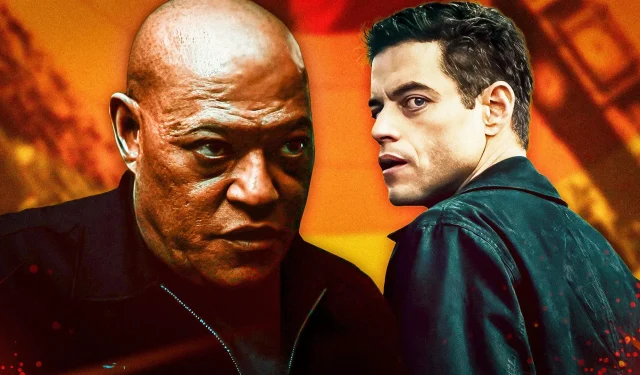This article contains spoilers for The Amateur, currently showing in theaters.
Exploring the Twists and Themes of The Amateur
The Amateur delivers an unexpected conclusion that diverges from both the original novel and its prior cinematic adaptation. Based on Robert Littell’s novel, this film follows CIA cryptographer Charlie Heller, whose life spirals following the tragic loss of his wife in a terrorist incident in London. Driven by a thirst for revenge, Charlie defies the CIA’s orders, transforming into a skilled operative who increasingly navigates dubious moral territory in his quest for justice.
As he races across various global landscapes in pursuit of his wife’s killers, Charlie encounters an array of characters, from loyal allies to treacherous adversaries. His journey culminates in a bittersweet resolution, emphasizing the movie’s haunting exploration of grief and loss. Below, we delve into Charlie’s fate in The Amateur and how the film subverts crucial elements distinctive to previous iterations of the story.
Charlie’s Final Plan and the Exposure of the CIA
Mission for Justice, Not Vengeance
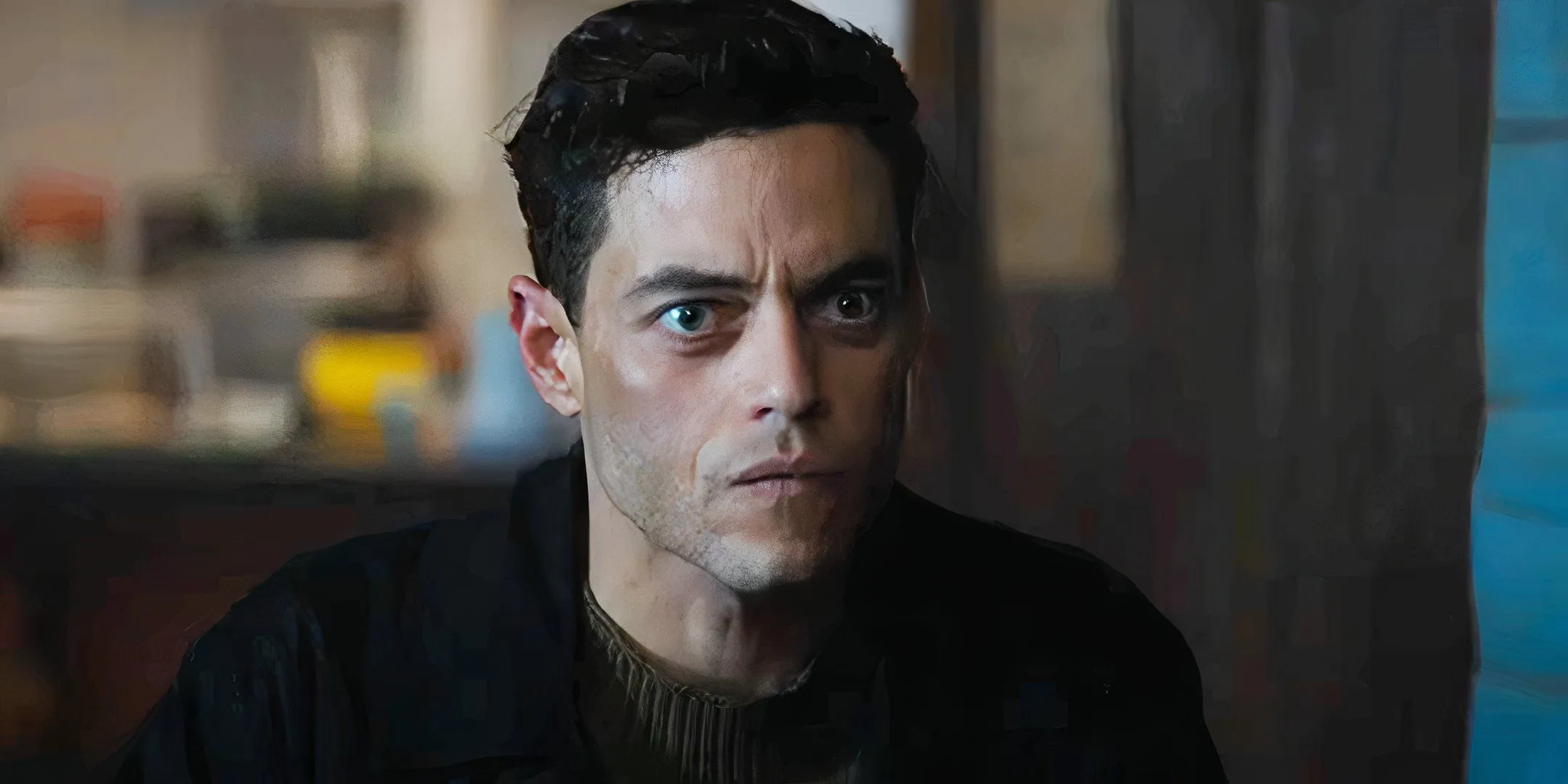
In a surprising twist, Charlie’s final plot is not primarily fueled by revenge but rather an earnest pursuit of justice. Throughout the film, he utilizes CIA resources and his own ingenuity to track down Sean Schiller, the head of a mercenary group linked to his wife’s tragic death. Rather than killing Sean when given the opportunity, Charlie opts for a more cunning approach, revealing that his dramatic standoff is merely a diversion.
Having commandeered Sean’s boat remotely, he orchestrates its departure from international waters. This strategic move prompts Interpol to swiftly apprehend Sean, simultaneously uncovering a deeper conspiracy within the CIA, orchestrated by Deputy Director Alex Moore. Ultimately, Charlie survives his mission—not just seeking personal retribution but securing justice for his wife and exposing larger systemic failures within the agency.
Unpacking the CIA Conspiracy in The Amateur
Alex Moore: The True Antagonist
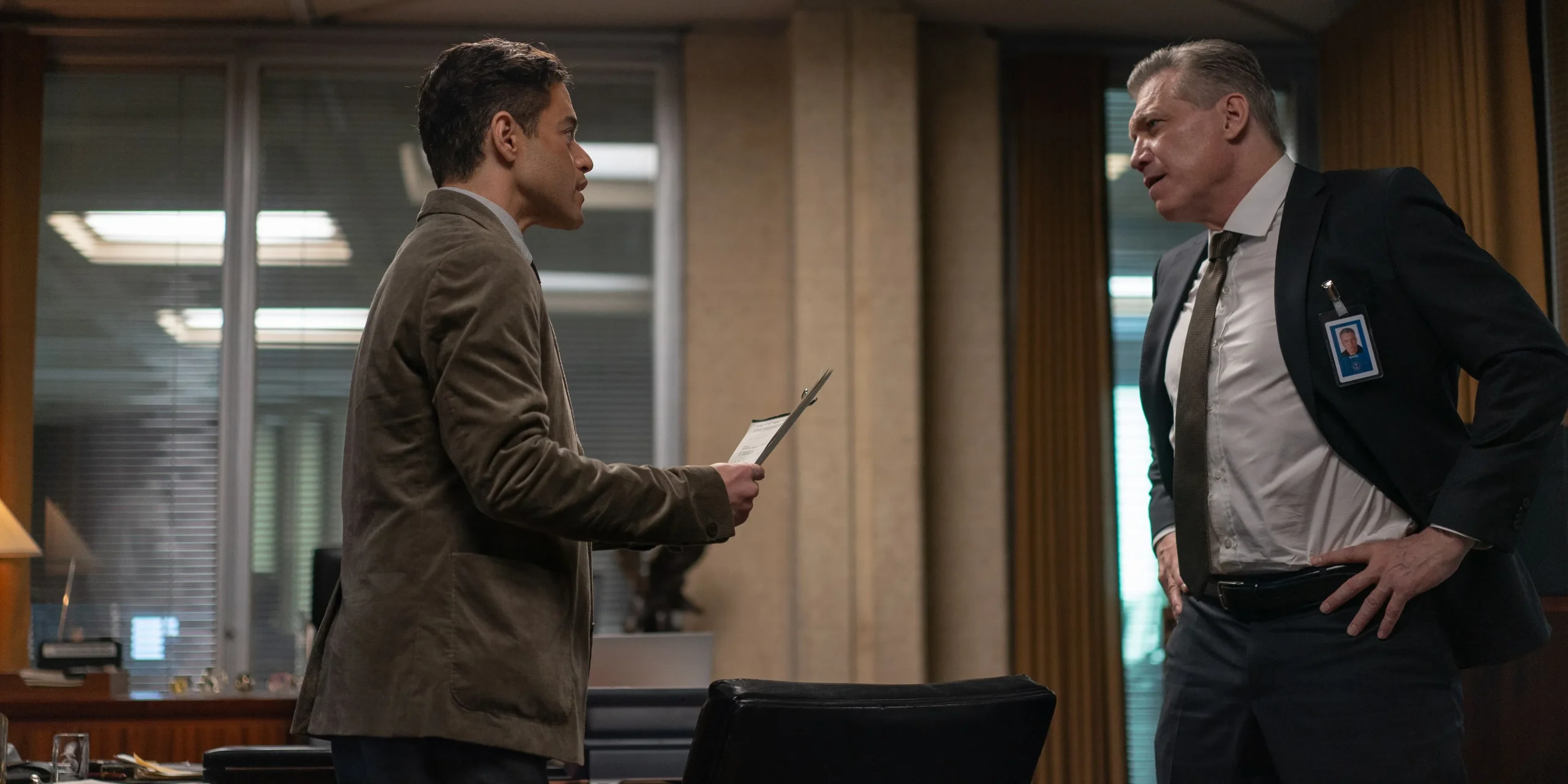
The film unveils a sinister conspiracy cultivated by Alex Moore, who operates covertly within the CIA, orchestrating morally ambiguous operations that go unchecked by higher authorities. Charlie’s investigations reveal shocking depths: Moore has manipulated intelligence to justify reckless military actions, such as presenting drone strikes that claimed civilian lives as acts of terrorism by suicide bombers.
As the truth comes to light, it becomes increasingly clear that Moore is willing to eliminate anyone—including his own agents—to maintain his hold on power. His sudden decision to train Charlie appears to be a ruse to buy time and eliminate any threats, showcasing a chilling portrait of corruption that permeates the agency. Although Moore and his accomplice face arrest, it appears many of their associates remain unpunished, highlighting the film’s themes of accountability.
The Motives Behind Henderson’s Actions
Henderson’s Role in the Larger Narrative
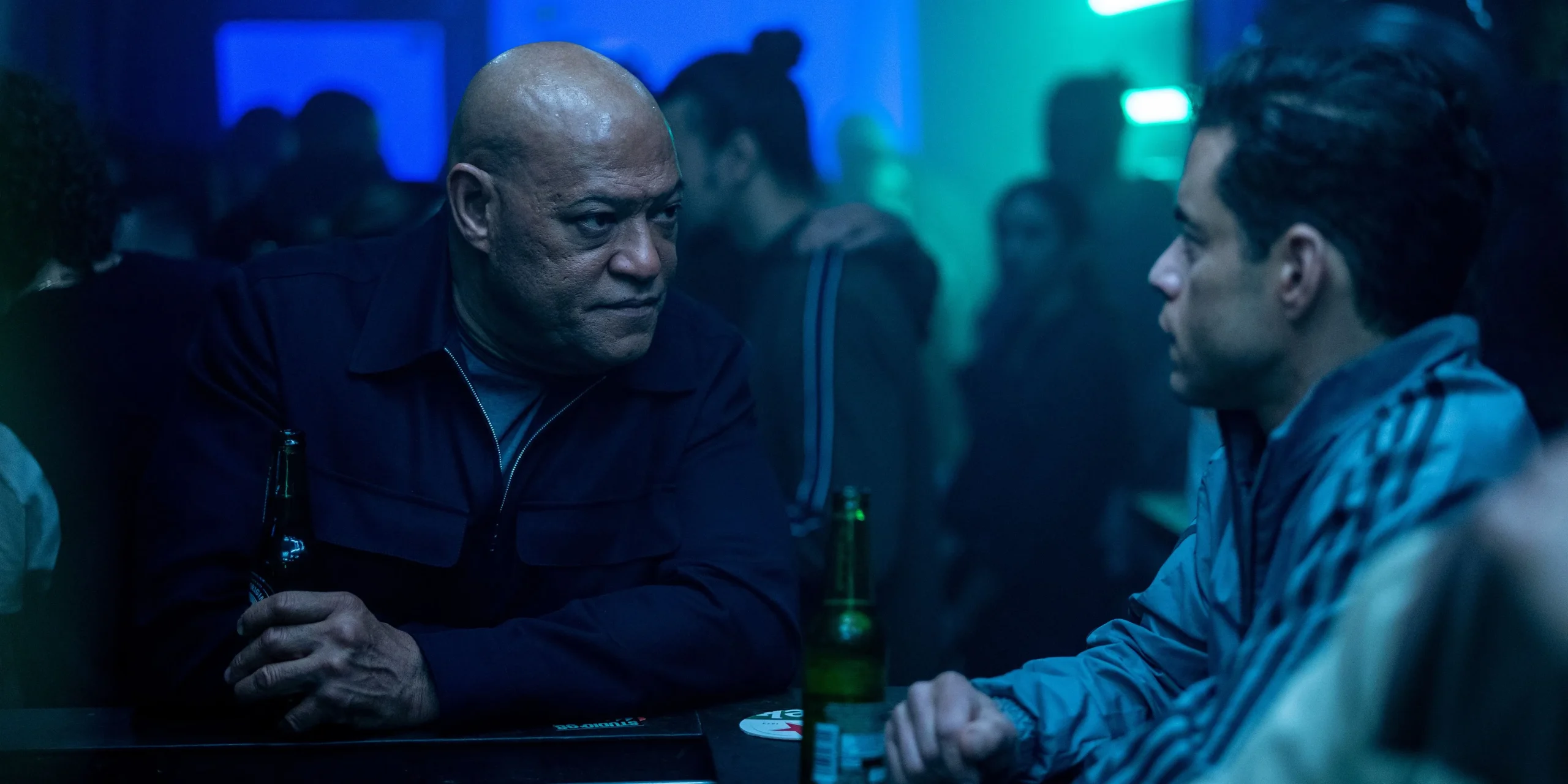
Henderson, initially introduced as Charlie’s mentor, receives orders from Moore to eliminate Charlie at the first opportunity. However, as he tosses pursuit after him across multiple countries, Henderson develops a grudging respect for Charlie’s tenacity. During one fateful encounter, Henderson is injured but notices Charlie’s hesitance to abandon him, hinting at the complexities of their relationship.
Despite the efforts to kill Charlie, Henderson’s character arc shifts as he connects with Charlie on a human level, refraining from acting on his orders. Their final encounter, suggesting a mutual respect, stands in stark contrast to the earlier direct hostility, leaving viewers intrigued by the evolving dynamics between mentor and protégé.
The CIA and Sarah’s Death: A Critical Examination
A Shift in Sarah’s Fate: 2025 vs. 1981

Notably, while the mercenaries involved in Sarah’s death had prior connections with the CIA, the agency itself was not directly responsible for the mission’s failure. As depicted in the film, she became an unfortunate casualty during a bank heist gone awry, where the assailants took hostages in a desperate attempt to escape.
Sean clarifies to Charlie that Sarah’s execution was meant as a statement; it was a brutal tactic aimed at coercing police into compliance. This revelation starkly contrasts with the motivations in the original novel and 1981 film, where CIA involvement was prominent. In the newer adaptation, while there remain threads of agency complicity, Sarah’s demise is presented more as a tragic and unintended consequence rather than a calculated act of betrayal.
Contrasting Endings: The Amateur Novel vs. Film
An Unconventional Closure

Charlie’s journey concludes with his return to the U.S., having exposed the CIA’s internal conspiracy while confronting those responsible for his wife’s death. The ending marks a notable departure from previous interpretations, lacking a neatly tied resolution. Rather than forming a romantic connection with a former CIA operative—a staple in both the novel and the earlier film—Charlie finds himself at a new beginning, focusing on justice rather than personal vengeance.
| Title | Medium | Release Year | Director/Author |
| The Amateur | Novel | 1981 | Robert Littell |
| The Amateur | Film | 1981 | Charles Jarrott |
| The Amateur | Film | 2025 | James Hawes |
In 2025’s adaptation, while Inquiline plays the supportive character, any budding romance is minimized and tragically cut short. Unlike the original story arcs where Charlie exacts revenge on his wife’s killer, this film chooses a more complex route, highlighting the essence of justice over personal vendettas.
Unveiling the Core Themes of The Amateur
Charlie’s Journey: A Grief-Fueled Quest
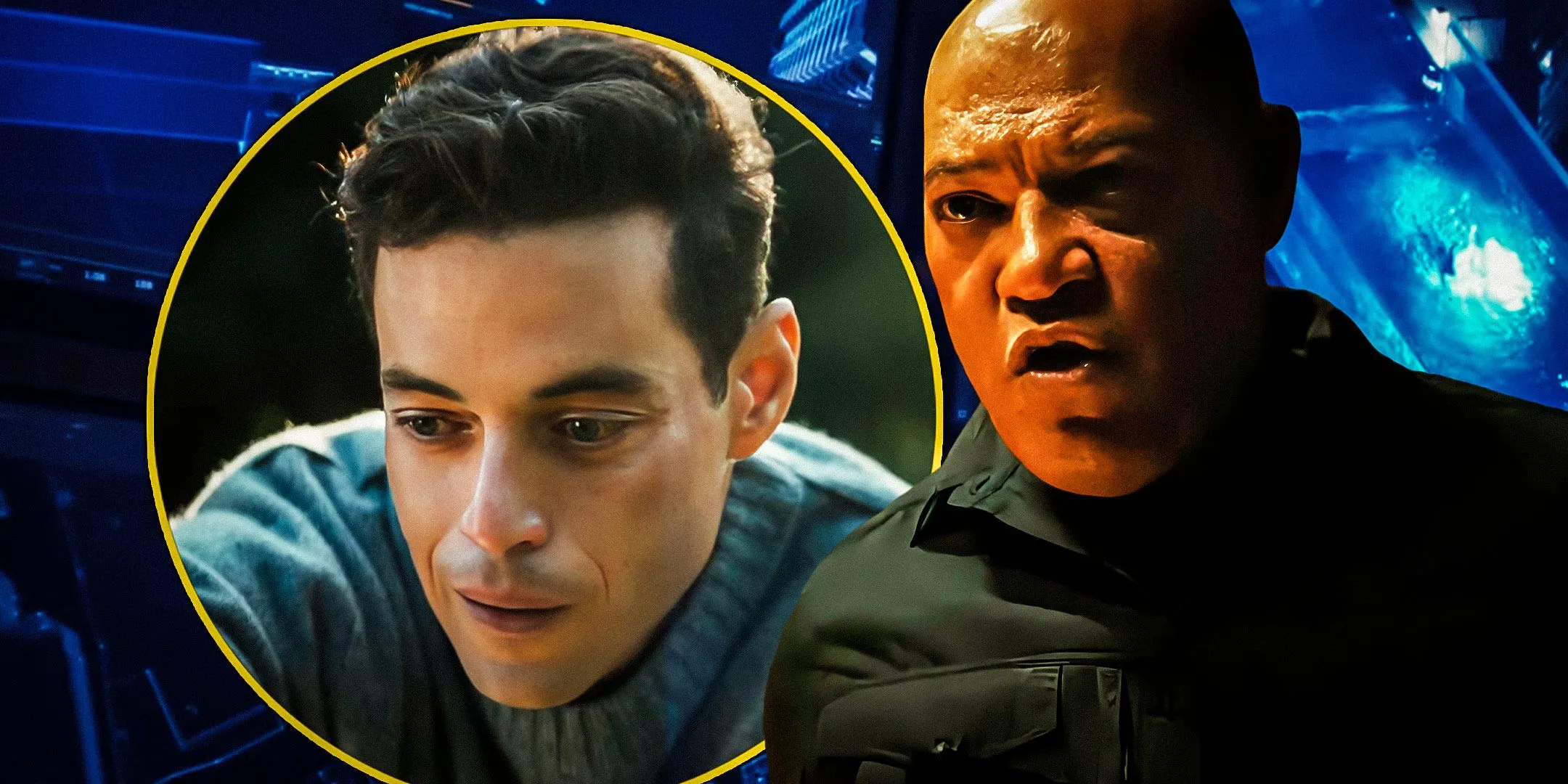
The Amateur encapsulates two profound forces that often compel individuals toward extreme choices. Charlie’s pursuit of justice acts as a catalyst, revealing larger injustices plaguing his own organization. The film highlights how those culpable seem unfazed by their actions, living their lives without remorse. Through Charlie, the theme of accountability is woven into the narrative fabric, even as he himself grapples with the repercussions of his choices.
Moreover, Charlie’s underlying motivation is steeped in sorrow; the film poignantly portrays his haunting memories of Sarah. His decision to complete his mission stems from an inability to confront life without her. The shared grief between Charlie and Inquiline underscores the film’s exploration of loss, ultimately asserting that yearning—for justice, revenge, or merely purpose—can drive one to extraordinary lengths in the face of profound absence.
